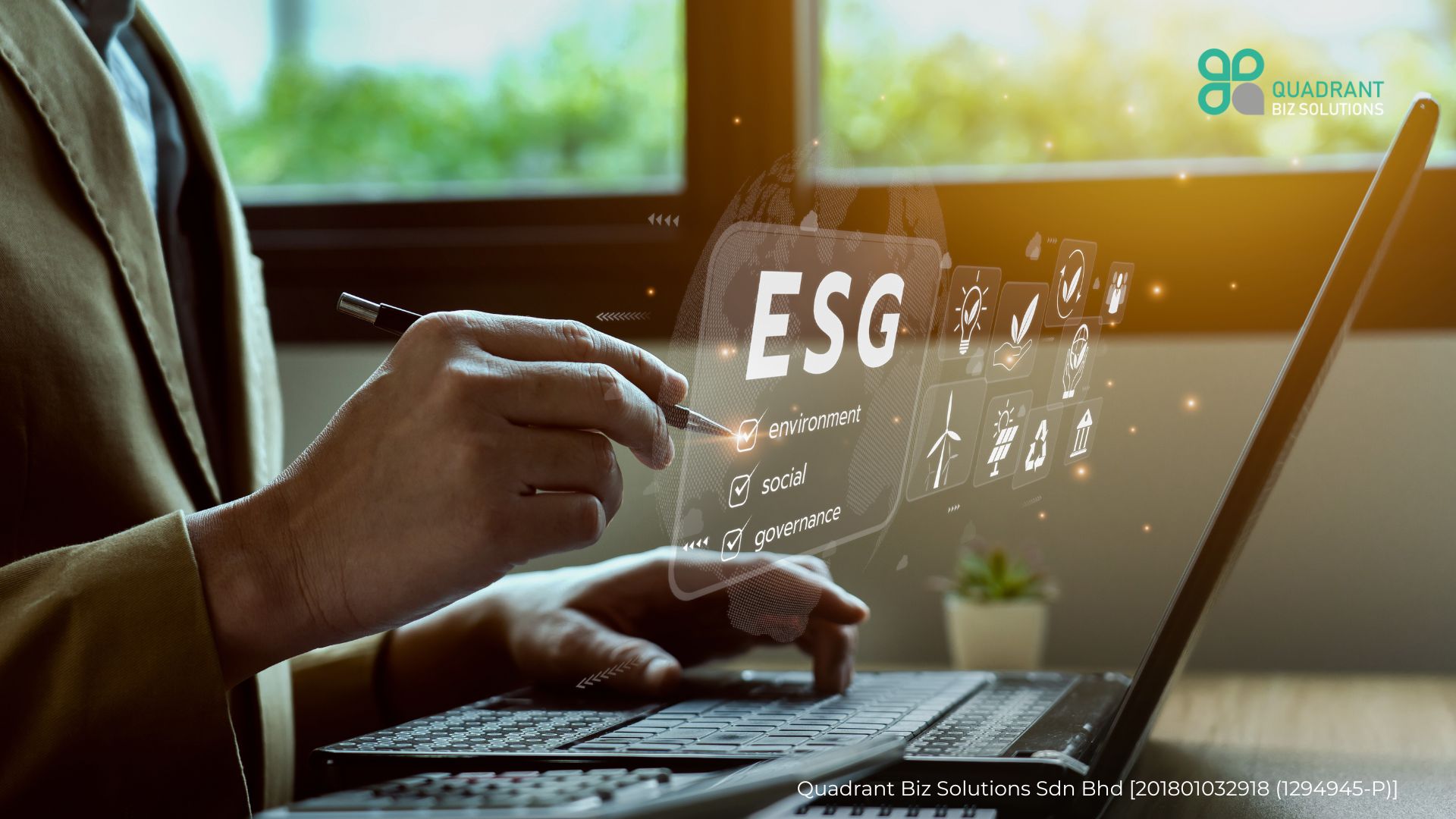
Having explored the fundamentals of ESG in our previous article, this piece dives into how ESG strategies translate into real, measurable value and profitability. We will explore how companies in Malaysia are embedding it into their business models—from renewable energy investments to biodiversity programmes—to drive efficiency, de‑risk their operations, and grow revenues.
1. Operational efficiency and cost savings
ESG initiatives often begin with energy efficiency, waste reduction, and sustainable resource management. These efforts directly translate into lower operating costs. For example, transitioning to energy-efficient lighting, solar power, or sustainable packaging can significantly reduce utility and material expenses.
In Malaysia, companies such as SD Guthrie Bhd (formerly Sime Darby Plantation) have embraced renewable energy and precision agriculture to streamline operations and minimise waste—boosting both efficiency and profit margins. The company operates multiple biogas plants that convert methane from palm oil mill effluent (POME) into electricity, significantly improving energy efficiency and earning national and ASEAN-level recognition for its renewable energy initiatives.
2. Access to capital and investment
Investors are placing greater emphasis on ESG metrics when evaluating companies. Globally, ESG funds have seen exponential growth, and in Malaysia, institutional investors such as Khazanah Nasional and EPF are aligning portfolios with ESG considerations.
Companies with strong ESG credentials often enjoy:
- Lower cost of capital due to reduced risk profile
- Greater investor confidence, especially among international funds
- Access to green financing and sustainability-linked loans from banks like CIMB and Maybank
This trend aligns with Bursa Malaysia’s requirements for improved ESG disclosure and the launch of the FTSE4Good Bursa Malaysia Index, which tracks companies with strong ESG performance.
3. Brand reputation and customer loyalty
Consumers, partners, and regulators increasingly prefer businesses that act responsibly.
Sunway Group has made sustainability a core brand pillar, with Sunway City Kuala Lumpur certified as Malaysia’s first Low Carbon City. The group has implemented Malaysia’s first internal carbon pricing framework and introduced a Green Lease Partnership through Sunway REIT, helping tenants and stakeholders align with net-zero goals. These moves have strengthened Sunway’s reputation as a sustainability leader in Malaysia and the region.
4. Regulatory compliance and risk mitigation
Governments globally are tightening regulations around sustainability, human rights, and corporate governance. In Malaysia, regulations like the Sustainable and Responsible Investment (SRI) Sukuk Framework introduced by the Securities Commission, the Amended Bursa Malaysia Listing Requirements on ESG disclosures, and anticipated carbon tax frameworks are pushing companies to integrate ESG into core strategy.
By staying ahead of compliance requirements, companies can avoid penalties, reduce legal risks, and maintain their license to operate.
5. Attracting and retaining talent
Top talent—especially younger generations—are gravitating toward companies that reflect their values. Organisations with meaningful ESG commitments are more likely to attract, motivate, and retain skilled employees. They also benefit from improved employee engagement, productivity, and innovation.
In Malaysia, companies like Sunway Group and UEM Sunrise have integrated sustainability into their employer branding, attracting a workforce that is purpose-driven and socially aware.
6. Driving innovation and new revenue streams
ESG challenges often spur innovation. Companies are rethinking business models to develop green products, circular solutions, and inclusive services. For example:
- Banks are launching green financing products
- Property developers are creating smart, eco-friendly townships
- Agribusinesses are investing in climate-resilient crops and technology
These innovations open up new markets and unlock additional revenue sources.
7. Enhanced governance builds long-term resilience
Strong governance structures underpin sound decision-making, accountability, and risk management. Companies with effective boards, ethical supply chains, and transparent reporting are more resilient to shocks—whether financial, environmental, or reputational.
During the COVID-19 crisis, companies with robust ESG frameworks recovered faster and performed better due to agile leadership and stakeholder trust.
Conclusion
ESG is no longer a checkbox exercise—it’s a business imperative. Forward-looking organisations that proactively invest in ESG will not only mitigate risks but also reap the rewards of increased efficiency, stronger brand value, and sustained financial growth.
